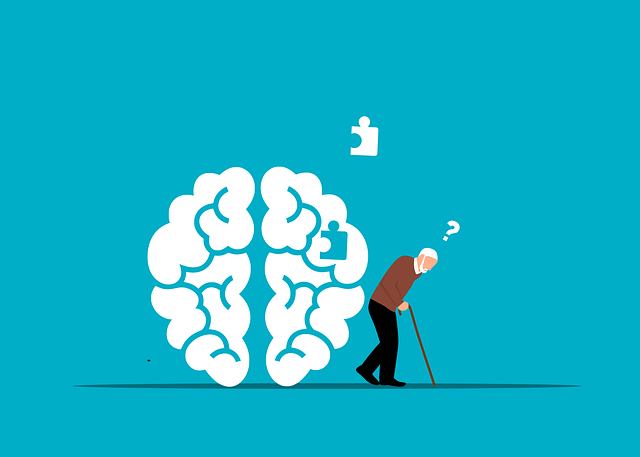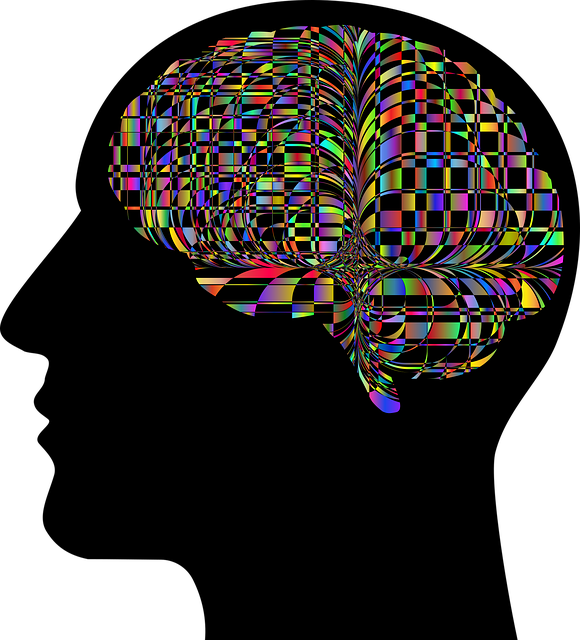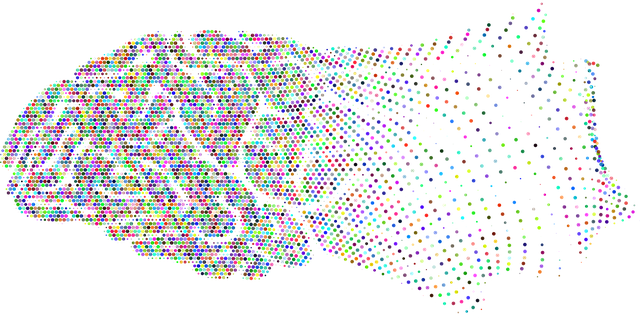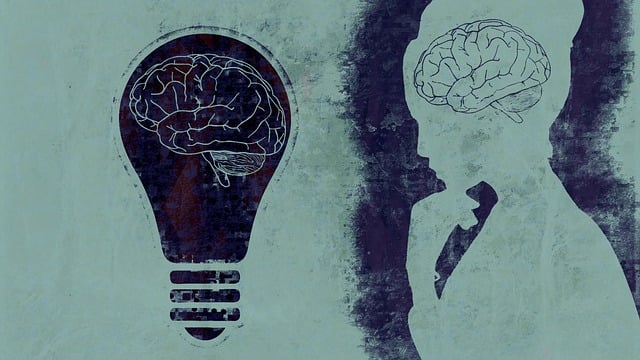Young children often experience significant stress from routine changes, family dynamics and social interactions, which can lead to mental health issues. To combat this, mental health professionals must employ risk management and evidence-based stress reduction methods, focusing on play, creativity, mindfulness and relaxation techniques. Incorporating these strategies into daily routines equips children with essential life skills for emotional intelligence and stress management. Additionally, promoting healthy habits like nutrition, exercise and quality sleep through community outreach programs addresses holistic mental health, specifically targeting therapy for young children stress management.
“Unleash a healthier, happier childhood with an in-depth look at self-care practices tailored for young minds. This article guides parents and caregivers through a comprehensive approach to supporting children’s well-being.
We explore the intricate world of young children’s stress, delving into its causes and far-reaching effects. Discover how play, creativity, mindfulness, and healthy habits serve as powerful tools for therapy and stress management. By implementing these strategies, we empower kids to navigate life’s challenges with resilience and cultivate a lifelong love for self-care.”
- Understanding Young Children's Stress: Causes and Effects
- The Role of Play and Creativity in Self-Care for Kids
- Teaching Mindfulness and Relaxation Techniques to Young Minds
- Building Healthy Habits: Nutrition, Exercise, and Quality Sleep for Children's Well-being
Understanding Young Children's Stress: Causes and Effects

Young children, often perceived as carefree, can indeed experience stress that significantly impacts their overall well-being and development. Understanding the causes and effects of stress in this age group is a crucial step in implementing effective therapy for young children’s mental health. Stressors for children may include changes in routines, family dynamics, or even social interactions at school. These triggers can lead to various emotional responses, such as anxiety, irritability, or withdrawal, which are essential indicators of underlying stress.
The effects of chronic stress in childhood can be profound and long-lasting. It may contribute to the development of mental health issues like depression, affecting children’s ability to manage emotions and interact with their environment. Risk management planning for mental health professionals is vital to address these challenges. By employing evidence-based stress reduction methods, professionals can help children develop coping strategies that will serve them well throughout their lives, thus fostering resilience and promoting healthy emotional development.
The Role of Play and Creativity in Self-Care for Kids

Play and creativity are powerful tools for enhancing self-care practices in young children. Through engaging in imaginative play, kids can explore their emotions, learn healthy coping mechanisms, and develop essential social skills. For instance, pretend play allows them to act out different scenarios, process complex feelings, and build resilience. This therapeutic approach is particularly beneficial for therapy for young children dealing with stress management issues or those aiming to reduce the mental illness stigma through expressive arts.
Encouraging creativity in children’s self-care routines can involve art activities, storytelling, music, and dance. These activities promote mood management by providing an outlet for emotional expression. Moreover, they foster a sense of agency and control, which is crucial for building confidence and self-esteem. As mental wellness coaching programs development continues to gain traction, incorporating play and creativity as core elements can significantly contribute to holistic mental health support for children.
Teaching Mindfulness and Relaxation Techniques to Young Minds

Teaching mindfulness and relaxation techniques to young minds is a powerful way to equip children with essential life skills for managing stress at an early age. In today’s fast-paced world, where kids face increasing academic pressures and social expectations, incorporating therapy for young children focused on mindfulness can be transformative. These practices, such as deep breathing exercises and guided meditation, offer simple yet effective stress reduction methods that can help children navigate their emotions and promote mental wellness.
By integrating these techniques into daily routines, parents and educators can foster a sense of calm and enhance emotional intelligence in young individuals. Mental wellness journaling exercises, for instance, can provide guidance on acknowledging and expressing feelings effectively. Moreover, trauma support services designed specifically for children can further complement these practices, ensuring that they receive comprehensive care to build resilience and navigate any past experiences that may impact their current well-being.
Building Healthy Habits: Nutrition, Exercise, and Quality Sleep for Children's Well-being

Young children’s well-being is significantly influenced by building healthy habits centered on nutrition, exercise, and quality sleep. A balanced diet rich in essential nutrients is crucial for their growing bodies and minds, forming a strong foundation for mental health awareness. Regular physical activity not only promotes emotional well-being promotion techniques but also helps alleviate stress management issues that can arise during childhood. Adequate rest, through consistent bedtime routines, ensures their brains and bodies are adequately rested, enhancing cognitive function and overall development.
Integrating these practices into daily life involves simple strategies such as involving children in meal preparation to educate them about nutrition, engaging in outdoor activities to encourage exercise, and establishing calm-before-bed routines to support quality sleep. Community outreach program implementation can further reinforce these habits by providing access to fresh foods, promoting active lifestyles, and offering resources for stress management techniques tailored to young individuals.
In the realm of young children’s well-being, implementing effective self-care practices is a powerful therapy. By understanding the causes and effects of stress in kids, integrating play, creativity, mindfulness, and healthy habits, parents and caregivers can empower young minds to manage stress. These strategies not only enhance overall mental health but also lay the foundation for sustainable lifestyle choices. Through proper guidance, children can develop essential skills that will benefit them throughout their lives, fostering resilience and promoting a balanced approach to dealing with life’s challenges.











